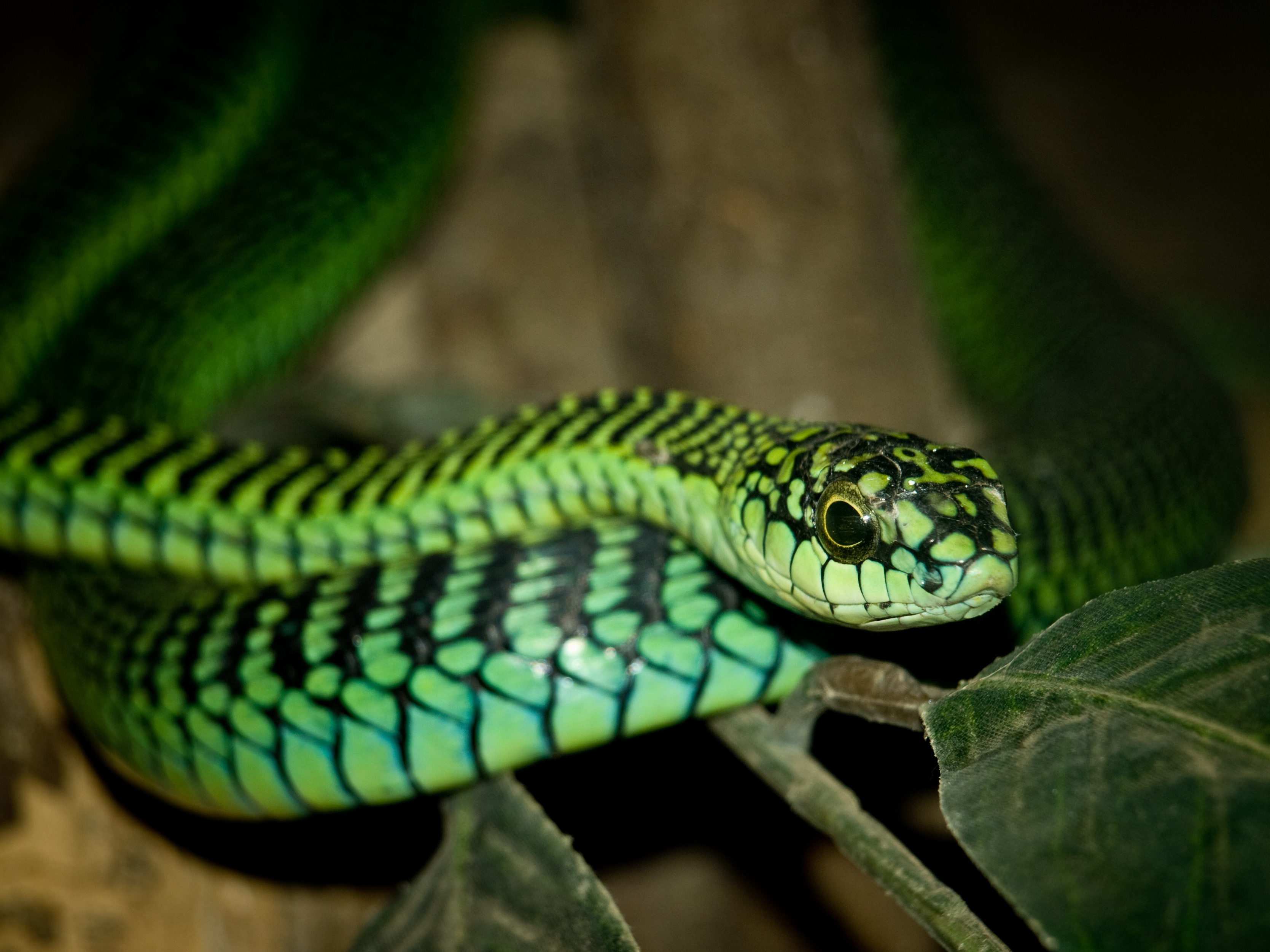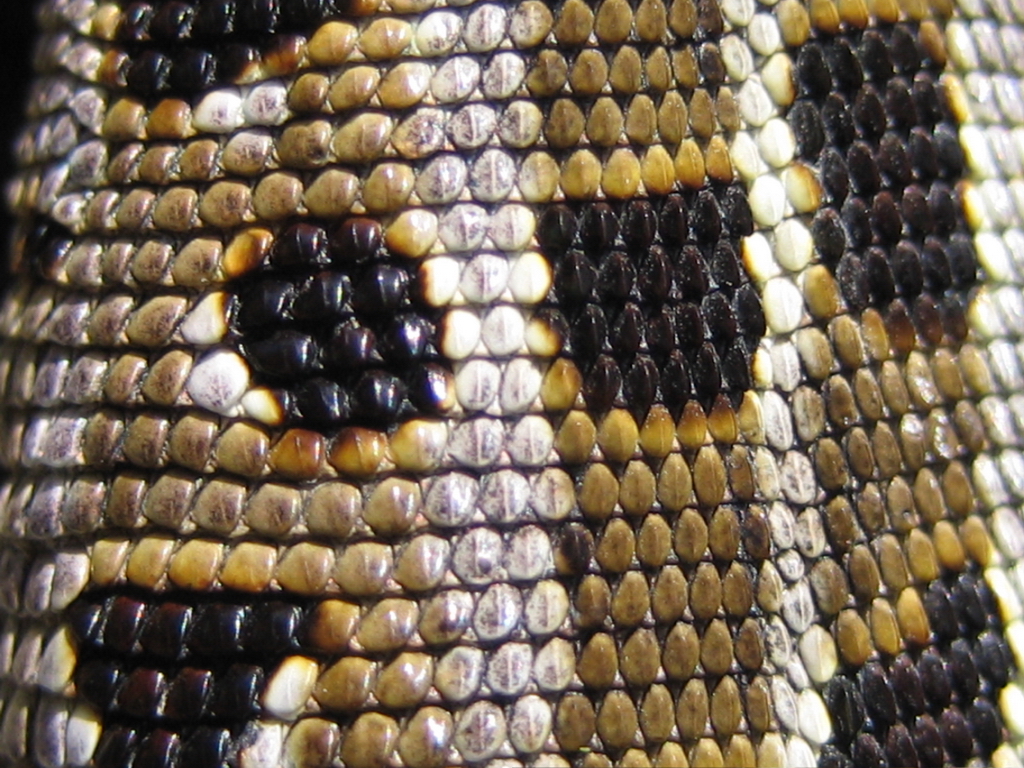|
Angolan White-throated Monitor
The Angolan white-throated monitor (''Varanus albigularis angolensis'') is a lizard found in and around Angola. It is usually gray-brown with yellowish or white markings, and can reach up to 1.5 m in length. It is one of the three subspecies of ''Varanus albigularis''. Taxonomy The generic name ''Varanus'' is derived from the Arabic word ''waral'' ورل, which is translated to English as "monitor". Their specific name comes from a compound of two Latin words: ''albus'' meaning "white" and ''gula'' meaning "throat". The subspecific name is a Latinized form of the country in which they are found: Angola. Distribution Its range is through Angola, Namibia, Zambia, the Democratic Republic of Congo The Democratic Republic of the Congo (french: République démocratique du Congo (RDC), colloquially "La RDC" ), informally Congo-Kinshasa, DR Congo, the DRC, the DROC, or the Congo, and formerly and also colloquially Zaire, is a country in ..., and Coruche.Bayless, Mark K. (20 ... [...More Info...] [...Related Items...] OR: [Wikipedia] [Google] [Baidu] |
Karl Patterson Schmidt
Karl Patterson Schmidt (June 19, 1890 – September 26, 1957) was an American herpetologist. Family Schmidt was the son of George W. Schmidt and Margaret Patterson Schmidt. George W. Schmidt was a German professor, who, at the time of Karl Schmidt's birth, was teaching in Lake Forest, Illinois. His family left the city in 1907 and settled in Wisconsin. They worked on a farm near Stanley, Wisconsin, where his mother and his younger brother died in a fire on August 7, 1935. The brother, Franklin J. W. Schmidt, had been prominent in the then-new field of wildlife management. Karl Schmidt married Margaret Wightman in 1919, and they had two sons, John and Robert. Education In 1913, Schmidt entered Cornell University to study biology and geology. In 1915, he discovered his preference for herpetology during a four-month training course at the Perdee Oil Company in Louisiana. In 1916, he received the degree of Bachelor of Arts and made his first geological expedition to Santo ... [...More Info...] [...Related Items...] OR: [Wikipedia] [Google] [Baidu] |
Lizard
Lizards are a widespread group of squamate reptiles, with over 7,000 species, ranging across all continents except Antarctica, as well as most oceanic island chains. The group is paraphyletic since it excludes the snakes and Amphisbaenia although some lizards are more closely related to these two excluded groups than they are to other lizards. Lizards range in size from chameleons and geckos a few centimeters long to the 3-meter-long Komodo dragon. Most lizards are quadrupedal, running with a strong side-to-side motion. Some lineages (known as " legless lizards"), have secondarily lost their legs, and have long snake-like bodies. Some such as the forest-dwelling '' Draco'' lizards are able to glide. They are often territorial, the males fighting off other males and signalling, often with bright colours, to attract mates and to intimidate rivals. Lizards are mainly carnivorous, often being sit-and-wait predators; many smaller species eat insects, while the Komodo eats mamma ... [...More Info...] [...Related Items...] OR: [Wikipedia] [Google] [Baidu] |
Angola
, national_anthem = "Angola Avante"() , image_map = , map_caption = , capital = Luanda , religion = , religion_year = 2020 , religion_ref = , coordinates = , largest_city = capital , official_languages = Portuguese , languages2_type = National languages , languages2 = , ethnic_groups = , ethnic_groups_ref = , ethnic_groups_year = 2000 , demonym = , government_type = Unitary dominant-party presidential republic , leader_title1 = President , leader_name1 = João Lourenço , leader_title2 = Vice President , leader_name2 = Esperança da CostaInvestidura do Pre ... [...More Info...] [...Related Items...] OR: [Wikipedia] [Google] [Baidu] |
Genus
Genus ( plural genera ) is a taxonomic rank used in the biological classification of living and fossil organisms as well as viruses. In the hierarchy of biological classification, genus comes above species and below family. In binomial nomenclature, the genus name forms the first part of the binomial species name for each species within the genus. :E.g. '' Panthera leo'' (lion) and '' Panthera onca'' (jaguar) are two species within the genus ''Panthera''. ''Panthera'' is a genus within the family Felidae. The composition of a genus is determined by taxonomists. The standards for genus classification are not strictly codified, so different authorities often produce different classifications for genera. There are some general practices used, however, including the idea that a newly defined genus should fulfill these three criteria to be descriptively useful: # monophyly – all descendants of an ancestral taxon are grouped together (i.e. phylogenetic analysis should c ... [...More Info...] [...Related Items...] OR: [Wikipedia] [Google] [Baidu] |
Arabic (language)
Arabic (, ' ; , ' or ) is a Semitic language spoken primarily across the Arab world.Semitic languages: an international handbook / edited by Stefan Weninger; in collaboration with Geoffrey Khan, Michael P. Streck, Janet C. E.Watson; Walter de Gruyter GmbH & Co. KG, Berlin/Boston, 2011. Having emerged in the 1st century, it is named after the Arab people; the term "Arab" was initially used to describe those living in the Arabian Peninsula, as perceived by geographers from ancient Greece. Since the 7th century, Arabic has been characterized by diglossia, with an opposition between a standard prestige language—i.e., Literary Arabic: Modern Standard Arabic (MSA) or Classical Arabic—and diverse vernacular varieties, which serve as mother tongues. Colloquial dialects vary significantly from MSA, impeding mutual intelligibility. MSA is only acquired through formal education and is not spoken natively. It is the language of literature, official documents, and formal written ... [...More Info...] [...Related Items...] OR: [Wikipedia] [Google] [Baidu] |
Species
In biology, a species is the basic unit of Taxonomy (biology), classification and a taxonomic rank of an organism, as well as a unit of biodiversity. A species is often defined as the largest group of organisms in which any two individuals of the appropriate sexes or mating types can reproduction, produce Fertility, fertile offspring, typically by sexual reproduction. Other ways of defining species include their karyotype, DNA sequence, morphology (biology), morphology, behaviour or ecological niche. In addition, paleontologists use the concept of the chronospecies since fossil reproduction cannot be examined. The most recent rigorous estimate for the total number of species of eukaryotes is between 8 and 8.7 million. However, only about 14% of these had been described by 2011. All species (except viruses) are given a binomial nomenclature, two-part name, a "binomial". The first part of a binomial is the genus to which the species belongs. The second part is called the specifi ... [...More Info...] [...Related Items...] OR: [Wikipedia] [Google] [Baidu] |
Latin
Latin (, or , ) is a classical language belonging to the Italic branch of the Indo-European languages. Latin was originally a dialect spoken in the lower Tiber area (then known as Latium) around present-day Rome, but through the power of the Roman Republic it became the dominant language in the Italian region and subsequently throughout the Roman Empire. Even after the fall of Western Rome, Latin remained the common language of international communication, science, scholarship and academia in Europe until well into the 18th century, when other regional vernaculars (including its own descendants, the Romance languages) supplanted it in common academic and political usage, and it eventually became a dead language in the modern linguistic definition. Latin is a highly inflected language, with three distinct genders (masculine, feminine, and neuter), six or seven noun cases (nominative, accusative, genitive, dative, ablative, and vocative), five declensions, four ... [...More Info...] [...Related Items...] OR: [Wikipedia] [Google] [Baidu] |
Namibia
Namibia (, ), officially the Republic of Namibia, is a country in Southern Africa. Its western border is the Atlantic Ocean. It shares land borders with Zambia and Angola to the north, Botswana to the east and South Africa to the south and east. Although it does not border Zimbabwe, less than 200 metres (660 feet) of the Botswanan right bank of the Zambezi River separates the two countries. Namibia gained independence from South Africa on 21 March 1990, following the Namibian War of Independence. Its capital and largest city is Windhoek. Namibia is a member state of the United Nations (UN), the Southern African Development Community (SADC), the African Union (AU) and the Commonwealth of Nations. The driest country in sub-Saharan Africa, Namibia has been inhabited since pre-historic times by the San, Damara and Nama people. Around the 14th century, immigrating Bantu peoples arrived as part of the Bantu expansion. Since then, the Bantu groups, the largest being the ... [...More Info...] [...Related Items...] OR: [Wikipedia] [Google] [Baidu] |
Zambia
Zambia (), officially the Republic of Zambia, is a landlocked country at the crossroads of Central, Southern and East Africa, although it is typically referred to as being in Southern Africa at its most central point. Its neighbours are the Democratic Republic of the Congo to the north, Tanzania to the northeast, Malawi to the east, Mozambique to the southeast, Zimbabwe and Botswana to the south, Namibia to the southwest, and Angola to the west. The capital city of Zambia is Lusaka, located in the south-central part of Zambia. The nation's population of around 19.5 million is concentrated mainly around Lusaka in the south and the Copperbelt Province to the north, the core economic hubs of the country. Originally inhabited by Khoisan peoples, the region was affected by the Bantu expansion of the thirteenth century. Following the arrival of European explorers in the eighteenth century, the British colonised the region into the British protectorates of Barotseland-No ... [...More Info...] [...Related Items...] OR: [Wikipedia] [Google] [Baidu] |
Democratic Republic Of Congo
The Democratic Republic of the Congo (french: République démocratique du Congo (RDC), colloquially "La RDC" ), informally Congo-Kinshasa, DR Congo, the DRC, the DROC, or the Congo, and formerly and also colloquially Zaire, is a country in Central Africa. It is bordered to the northwest by the Republic of the Congo, to the north by the Central African Republic, to the northeast by South Sudan, to the east by Uganda, Rwanda, and Burundi, and by Tanzania (across Lake Tanganyika), to the south and southeast by Zambia, to the southwest by Angola, and to the west by the South Atlantic Ocean and the Cabinda exclave of Angola. By area, it is the second-largest country in Africa and the 11th-largest in the world. With a population of around 108 million, the Democratic Republic of the Congo is the most populous officially Francophone country in the world. The national capital and largest city is Kinshasa, which is also the nation's economic center. Centered on the Congo Ba ... [...More Info...] [...Related Items...] OR: [Wikipedia] [Google] [Baidu] |





